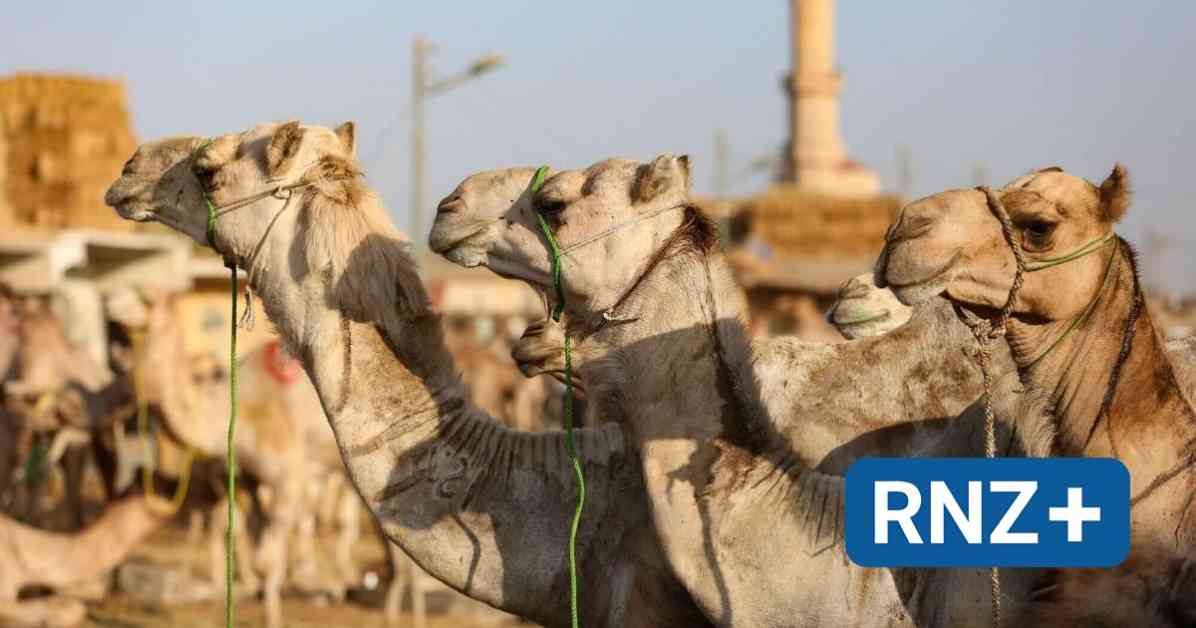The archaeological sites of Egypt are captivating many visitors, but the camels and horses in front of them are often a sad sight. The government is announcing improvements, such as mobile animal clinics. In Giza, at the camel market, you can observe the sometimes harsh treatment of the animals. Following ongoing criticism from animal welfare activists and tourists, the camels and horses at the Pyramids of Giza in Egypt are set to receive better care. Veterinarians in mobile teams will now regularly examine and vaccinate the animals, announced Antiquities and Tourism Minister Sharif Fathi. At the pyramids, veterinarians with medications will be permanently deployed to ensure the welfare of the animals.
Animal welfare is a crucial aspect of tourism, especially when it comes to iconic sites like the Pyramids of Giza. Ensuring the well-being of the camels and horses that play a significant role in the tourism industry not only reflects positively on Egypt as a tourist destination but also sets a standard for ethical treatment of animals in the industry worldwide.
It’s heartening to see the government taking steps to address the concerns raised by both animal lovers and tourists. By implementing measures like regular health check-ups and vaccinations for the animals, Egypt is not only improving the lives of these creatures but also enhancing the overall tourist experience at the pyramids.
Tourists visiting the pyramids often partake in camel and horse rides as part of their experience. Knowing that these animals are being cared for and looked after properly can make a significant difference in how visitors perceive their trip. It creates a more ethical and responsible tourism environment, where the welfare of both animals and tourists is prioritized.
The introduction of mobile veterinary teams is a positive step towards ensuring that the camels and horses at the pyramids receive the necessary care they deserve. This proactive approach not only addresses the immediate concerns regarding animal welfare but also sets a precedent for other tourist sites to follow suit in prioritizing the well-being of animals involved in tourism activities.
In addition to providing medical care for the animals, it’s essential to educate the caretakers and handlers on proper animal welfare practices. By raising awareness and promoting compassionate treatment of animals, Egypt can further enhance its reputation as a responsible and animal-friendly tourist destination.
Overall, the initiative to improve camel welfare at the Pyramids of Giza highlights the significance of animal welfare in the tourism industry. It underscores the importance of treating animals with respect and care, not just for ethical reasons but also for the sustainability and reputation of tourist destinations. By prioritizing animal welfare, Egypt is not only safeguarding the well-being of its camels and horses but also preserving the essence of its cultural heritage for future generations to appreciate and enjoy.















